Vietnam: What are the sample brief paragraphs showing the feeling for the Poem "Gặp lá cơm nếp"? What are the regulations on periodic assessment for 7th-grade students?
What are the sample brief paragraphs showing the feeling for the Poem "Gặp lá cơm nếp" in Vietnam?
7th-grade students can refer to the following sample brief paragraphs showing the feeling for the Poem "Gặp lá cơm nếp" in Vietnam:
|
Paragraphs showing the feeling for the Poem "Gặp lá cơm nếp"
|
Note: The above sample brief paragraphs showing the feeling for the Poem "Gặp lá cơm nếp" in Vietnam are for reference only.
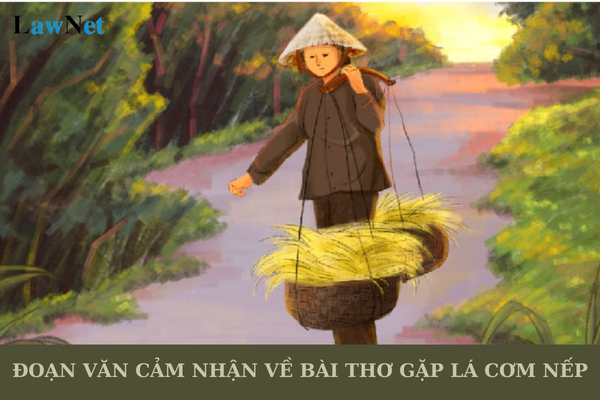
What are the sample brief paragraphs showing the feeling for the Poem "Gặp lá cơm nếp" in Vietnam? What are the regulations on periodic assessment for 7th-grade students? (Image from Internet)
What are the regulations on periodic assessment for 7th-grade students in Vietnam?
Under Clause 1, Article 7 of Circular 22/2021/TT-BGDDT, the periodic assessment for 7th-grade students in Vietnam is specified as follows:
- Periodic assessment (does not apply to learning topics) consists of mid-semester assessment and end term assessment and is implemented via: examination (on test paper or on computer), practice exercises, or learning projects.
- Time of examination (on test paper or on computer) of subjects (excluding learning topics) with up to 70 periods/school year is 45 minutes; time of examination (on test paper or on computer) of subjects (excluding learning topics with more than 70 periods/school year is from 60 minutes to 90 minutes or up to 120 minutes for specialized subjects.
- For examination (on test paper or on computer) where assessment is made via scores, exam questions are developed based on exam mechanisms and characteristics in a manner that satisfies requirements of the subjects under formal education program.
- For examination (on test paper or on computer) where assessment is conducted via feedback, practice exercises, or learning projects, provide instructions and assessment criteria based on requirements of subjects under formal education program prior to implementation.
What is the basis for assessment of training results of 7th-grade students in Vietnam?
According to the provisions in Clause 1, Article 8 of Circular 22/2021/TT-BGDDT, the basis for assessment of training results of 7th-grade students in Vietnam is as follows:
- Assess training results of students based on requirements for traits and general capacity by subjects and education level under general programs and requirements for specific capacity under subject program in formal education program.
- Subject teachers shall rely on Point a of this Clause to provide feedback and assess training results, improvement, advantages, and disadvantages of students during training and learning process of the subjects.
- Class advisors shall rely on Point a of this Clause to monitor training and learning process of students; consult feedback and assessment of subject teachers and feedback of students’ parents, relevant, agencies, organizations, and individuals in educating students; instruct students on how to perform self-assessment; provide feedback and assess training results of students based on categories under Clause 2 of Article 8 of Circular 22/2021/TT-BGDDT.




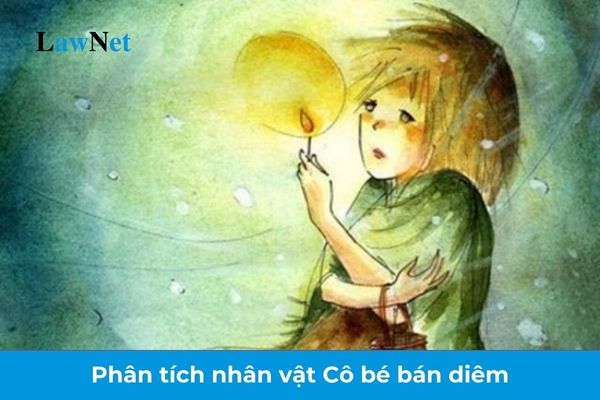
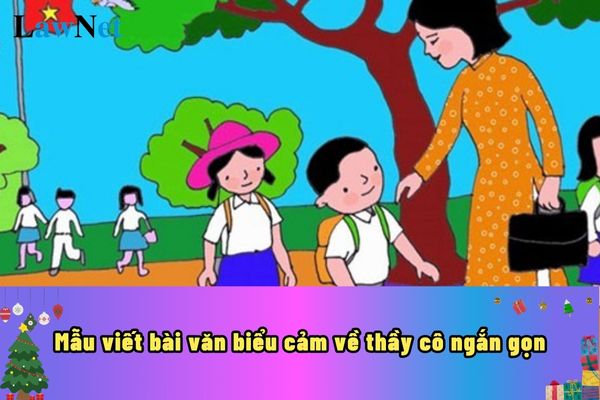
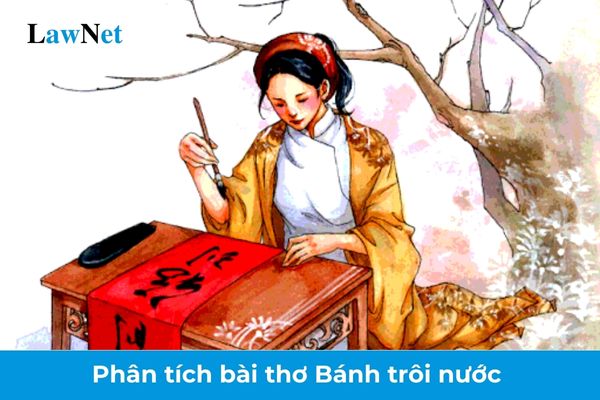
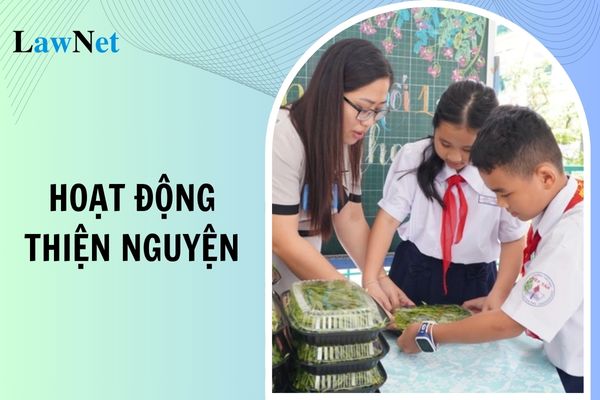


- Vietnam: What is the sample report on a modern literary matter - innovations and renovations in the short stories "Chiếc thuyền ngoài xa" and "Một người Hà Nội"?
- Vietnam: What are the 05 sample 600-word argumentative essays on negative issues among youth today? How many types of texts are there in the content of the 12th-grade Literature curriculum?
- Vietnam: What are the best sample paragraphs about your family for 6th-grade students? What elective subjects do 6th-grade students learn?
- Vietnam: What are the best sample self-introductions in English for 5th-grade students? What topics are covered by the 5th-grade English curriculum?
- Vietnam: What are the sample imaginary paragraphs on Tin-tin and Mi-tin entering the magical garden for 4th-grade students? What are the 05 essential qualities required for 4th-grade students?
- Vietnam: What are the guidelines for preparing the briefest lesson "A Strange Tale of the Fisherman's House/Truyện lạ nhà thuyền chài"? What is the eligibility for lower secondary graduation recognition for 9th-grade students?
- What are the enrollment methods of Pham Ngoc Thach University of Medicine in 2025?
- Vietnam: What are the sample 1st end-of-semester question papers of 9th-grade Literature? What is the form of assessment for 9th-grade Literature?
- Vietnam: What are the 10 sample 200-word social argumentative paragraphs on the strength of discipline? Is improving manpower one of the goals of education?
- What are the sample social argumentative essays on a social issue raised from a literary work in the 8th-grade Literature curriculum in Vietnam?

